Over The Hill
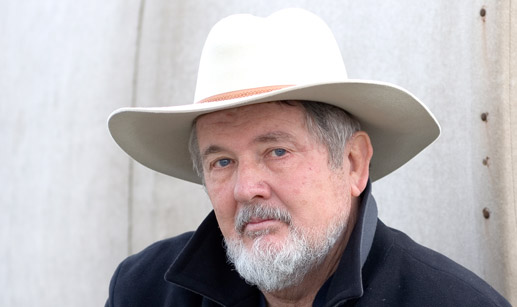

Been thinking about Walter Hill a lot lately…for three reasons:
He’ll soon be releasing his first feature in 11 YEARS, with Bullet to the Head, the Stallone-starring adaptation of the Alexis Nolent French graphic novel. Trailer here.
The recent death of Tony Scott — not ‘cos they’re related in any direct way, other than the fact they’ve both done stylish action films. I’m thinking more about it in terms of the seemingly sudden “championing” of a filmmaker whose work has more often than not been denigrated in the critical sphere. Why wasn’t anyone giving Scott all this big love when he was around? How this connects to Hill: the guy turned 70 this year, and though I’d like to think he’ll be around for another a few years making movies, the reality is he isn’t getting any younger and he could be gone tomorrow. I don’t really want to compare their successes – Scott easily comes up top for box office, and is the more influential of the two – but there’s something undeniably humbling when you look at Hill’s overall career as a craftsman and the lack of notice he’s received, whether it’s due to poor B.O. performance and critical reception, or how the kind of old-fashioned movies he was making in the later part of his career have been out of step with a modern audience, whatever that may be.
The Expendables 2 — there’s all this nostalgia for ageing action stars, what about ageing action directors? Hill may be the only director of his generation – of his “type” – still around. When I say “type”, I’m thinking those from the old school-of-hard-knocks crowd like Sam Peckinpah, Sam Fuller, Don Siegel – directors with distinctly hard-nosed sensibilities who made tough, gritty, rough-hewn, lived-in, masculine films. They’re a rare breed these days.
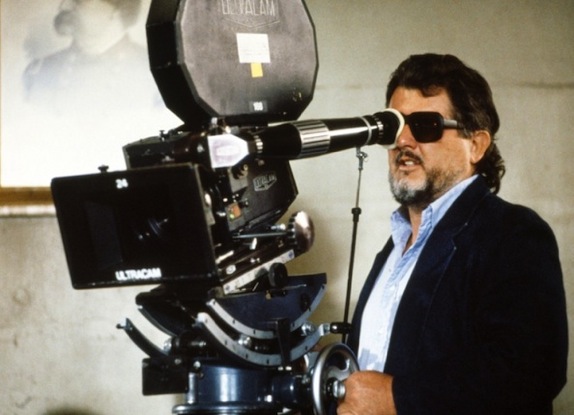
All of this is to say, yes, I believe Walter Hill to be one of the most underrated directors around. Why? One frustratingly uneven career. In his first decade, Hill delivered with one killer film after another that marked his taut, lean approach to action: Hard Times, The Warriors, The Driver, The Long Riders, Southern Comfort, 48 Hrs. They’re all widely considered cult favourites/classics/masterpieces etc. And no talk of Hill should ever go without mentioning that he also produced/co-wrote Alien. After that, everyone seems to differ where they stand on Hill, although – with the exception of Another 48 Hrs. in 1990 – it’s clear he was box office poison. But while his post-mid-’80s features* have all been flawed, there’s enough GOOD in them to engage and warrant second/third looks and reappraisals (maybe a while until I get to Brewster’s Millions and Supernova though, the latter at least in its current Francis Ford Coppola-re-edited form…).
So I recently rewatched several of his films, and here are a few I particularly feel have been forgotten over time…
CROSSROADS (1986)
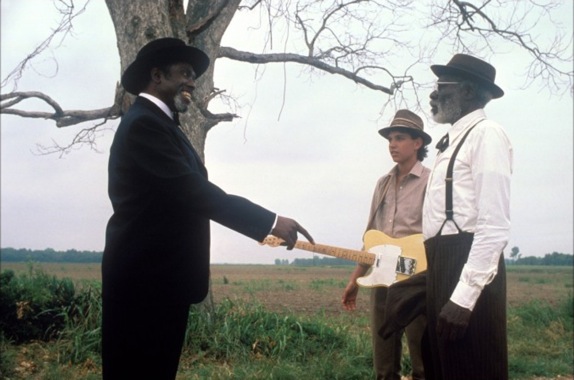
I love this movie. Crossroads stands out as Walter Hill’s warmest, gentlest, most accessible work to date – and I guess atypical too, since it’s not action-oriented nor a Western. So as an introduction, it’s perhaps not an ideal entry point to show what he’s capable of or known for, but placed in the context of his career, it’s almost a remarkable, one-off departure. Ralph Macchio plays 17-year-old classical guitar whiz kid Eugene Martone who blows off his chance at Julliard prestige to embark on a cross-country journey with cranky retiree Willie Brown, aka harmonica player Blind Dog Fulton (the fantastic Joe Seneca), to the birthplace of blues legend Robert Johnson. The casting of Macchio is obviously a cash-in on his then-hot The Karate Kid and its protege/mentor formula, but hey, it works a charm here with Martone’s cocky, youthful charisma brushing up wonderfully against Brown’s hesitant old-geezer gruffness. I dig how John Fusco’s script takes a turn for the metaphysical towards the end, culminating in a scorching guitar battle where Macchio, who impressively does his best to emulate composer Ry Cooder’s playing, faces off with ace shredder Steve Vai. Hill’s long-standing creative relationship with Cooder, who’s scored eight of his films to date, has to be one of the most perfectly matched director/composer combos ever.
JOHNNY HANDSOME (1989)
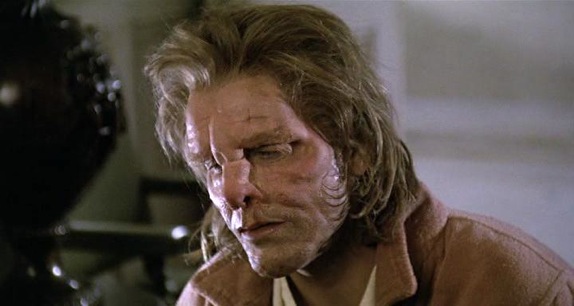
For all the talk of Hill’s The Driver being a key influence on Nicolas Winding Refn’s Drive, I’m surprised no one’s mentioned Mickey Rourke’s sensitive performance in Johnny Handsome as the proto-minimalist-Ry-Goz. Made in a period just before Rourke started losing his mojo, this adaptation of John Godey’s novel, about a facially deformed crim who is given reconstructive surgery and uses his newfound good looks to take revenge on his double-crossers, is an unusual sci-fi-noir hybrid, brought together by Hill with his signature Western-derived mix of tough-guy swagger and bluesy elegy. Seeing this again after many years I wasn’t prepared for the emotional notes it hits: Rourke is in incredible form – this is one of his most sympathetic roles, and features some of his best acting – while Cooder’s stirring guitar constantly hits the spot. Excellent supporting cast too: Lance Henriksen, Ellen Barkin, Forest Whitaker, Morgan Freeman. Another Hill film that unfortunately didn’t do much business in its time but is easier to appreciate today.
TRESPASS (1992)
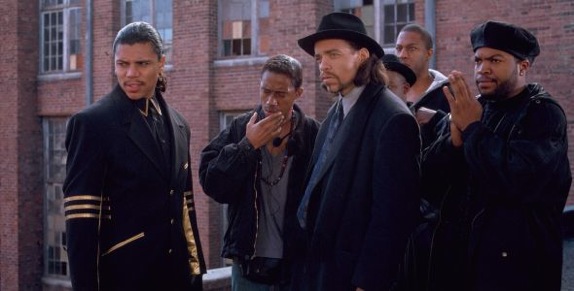
Trespass might have my favourite bit of IMDB trivia: “There are no women whatsover in this movie”. Yep, this one’s very much dude-powered all the way, notable for starring two Bills (William Sadler, Bill Paxton) and two Ices (Ice T, Ice Cube) in the leads. The former are two Arkansas firemen who stumble onto a treasure map and end up stepping on the East St Louis gangland turf of the latter, and all hell breaks loose.
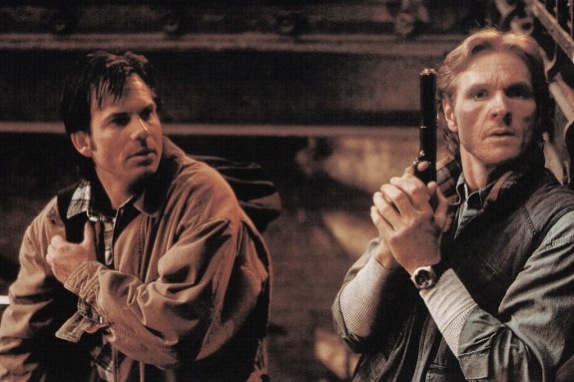
Bob Gale and Robert Zemeckis’ script is fashioned like The Treasure of Sierra Madre, updated with nervy, early-‘90s race relation tensions (the Rodney King riots necessitated a title change from Looters to Trespass), but make no mistake, this isn’t a trenchant social commentary flick, it’s mainly a brutal, rough-and-tumble confined-space actioner about greedy people after gold – and more the gangsta pulp of New Jack City than the urban realism of Boyz n the Hood. It’s also a whole lot kitschier today (those goddamn chunk Motorola cellphones), but no less entertaining watching out-of-their-element hicks Sadler/Paxton running from the artillery-heavy, blinged-out T/Cube crew.
*It’s worth noting that Hill did some fine TV work directing the pilot of HBO’s Deadwood and the Robert Duvall miniseries Broken Trail.


















